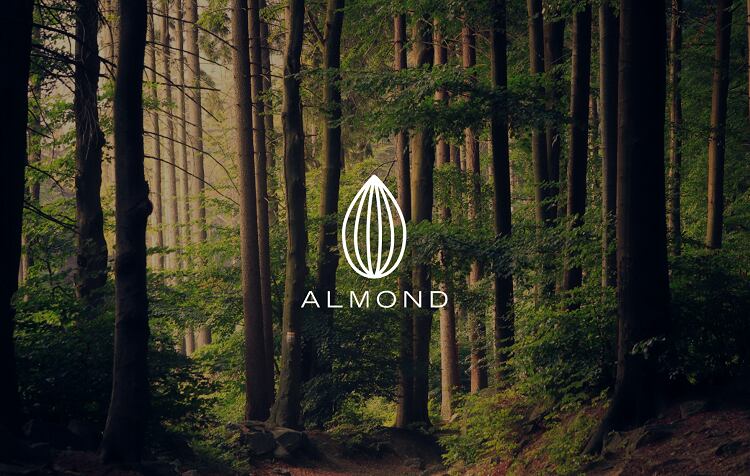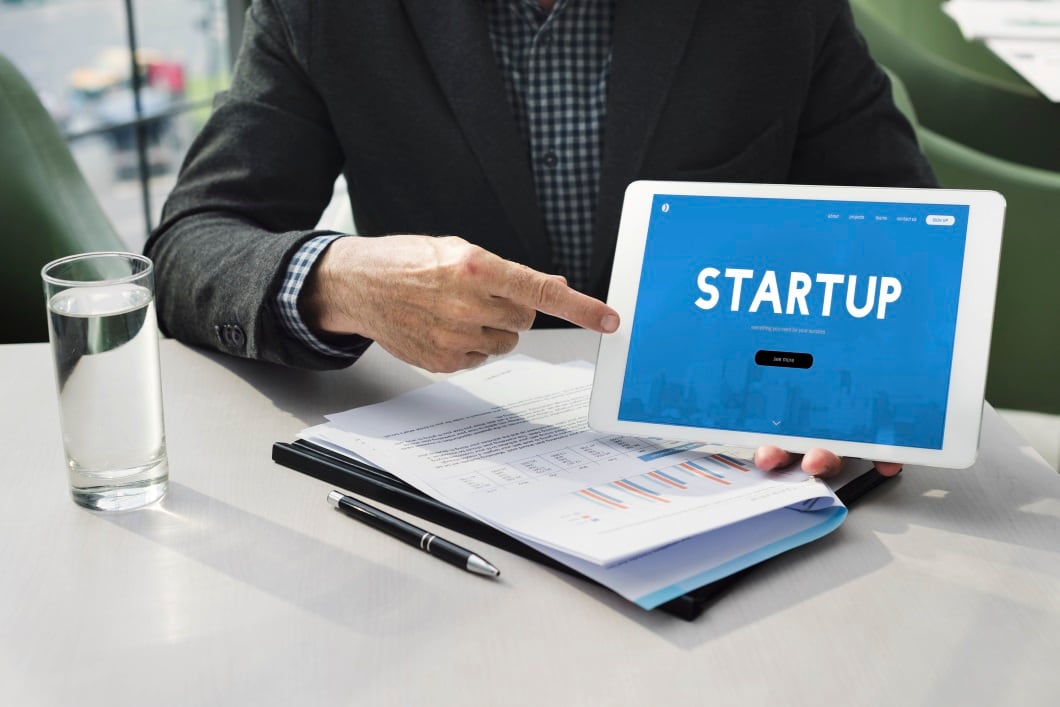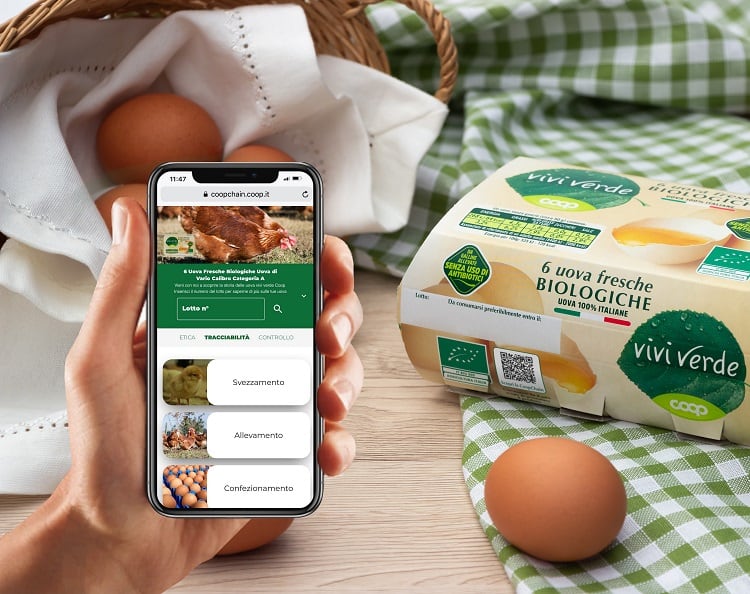Humans are wreaking havoc on the planet. Every year six million hectares of forest are destroyed, pollution in the atmosphere is at an all-time high, and by 2050, it is estimated that there will be more plastic in the oceans than fish.
Further, global CO₂ emissions are on the rise – they increased by 2.7% in 2018. On a personal level, 52% of each individual’s footprint comes from the goods and services that we buy.
‘The big issue’, according to F&B entrepreneur Oliver Bolton, is that ‘people are confused’. “We spoke to approximately 200 people in 20 focus groups about the climate crisis. Under five people actually knew what a carbon footprint was.”
Bolton saw a ‘big opportunity’ to help people understand carbon footprinting and offsetting, and to do so in an accessible way. “People have no idea what a ton of CO₂e really means. I wanted to contextualise it using very simple language,” he told FoodNavigator.
The result is Almond – a free smartphone app that rewards consumers for buying responsible brands while helping them understand their carbon emissions. “I wanted to create a framework to cut through a lot of the greenwashing out there and truly showcase which brands are doing things in the right way.”
Almond’s triple bottom line approach that addresses people, planet and profit, uses business as a force for good, he continued. “The app is a real-life game designed to educate, activate and reward individuals for reducing their negative impact.”
It does so via three app functions: Buying better, Acting better, and Offsetting the rest.
Buying better
Having cut his teeth in the drinks industry – Bolton founded B Corp certified beverage brand WaterBomb – the entrepreneur pledged to spend the next 10 years “maximising his positive impact on the world”.
Bolton saw an opportunity to help other companies in the B Corp community grow their business, encourage cross selling to each other’s customers, and ultimately “use technology to give them an edge over less sustainable competitors”.
The ‘buying better’ function offers consumers a marketplace for purchasing responsible goods. Beyond food and drink brands, Almond is also partnering with foodservice operators, clothing labels, healthcare and beauty companies, and furniture distributors.
'Buying better' for brands
The ‘Buying better’ function aims to help responsible brands grow their sales and build ‘deeper and more meaningful’ relationships with their customers.
To be incorporated into Almond’s network, brands must apply for Almond certification. This label enables brands to demonstrate their commitment to protecting the environment, consumer health, and building a better society for all.
To qualify for the label, brands/suppliers must be able to demonstrate they address the following principles:
- Quality of product (durability or excellence)
- Value for consumer (quality/price)
- Active measures to reduce the product’s environmental impact
- Health impact
- Usage of sustainable raw materials (in %)
- Staff welfare throughout the supply chain
- Company CSR policies (giving back, paying taxes in local markets, etc)
- Transparent and accountable
- Distance (producer to consumer)
Almond is also building out a badge accreditation scheme, whereby brands can ‘unlock’ different badges according to their sustainability initiatives. This includes showcasing existing third-party certifications, such as B Corp or Fair trade, as well as other metrics such as circular economy products or organic production.
The plan is for finished food products to carry an ‘Almond Certified’ QR code that consumers can scan pre-purchase to learn about the item’s carbon footprint and sustainability credentials. Aside from helping shoppers make more informed purchasing decisions, the QR code also communicates to consumers how many ‘rewards’ they earn per item bought.
The start-up is also developing a track and trace provenance platform to boost traceability across the food supply chain. Brands can choose to upload raw material and ingredients information to be similarly read via a scanned QR code.
In a foodservice setting, the idea is that shoppers link their bankcard to the app. In doing so, every purchase made at that outlet is automatically registered, and contributions towards ‘rewards’ are accumulated.
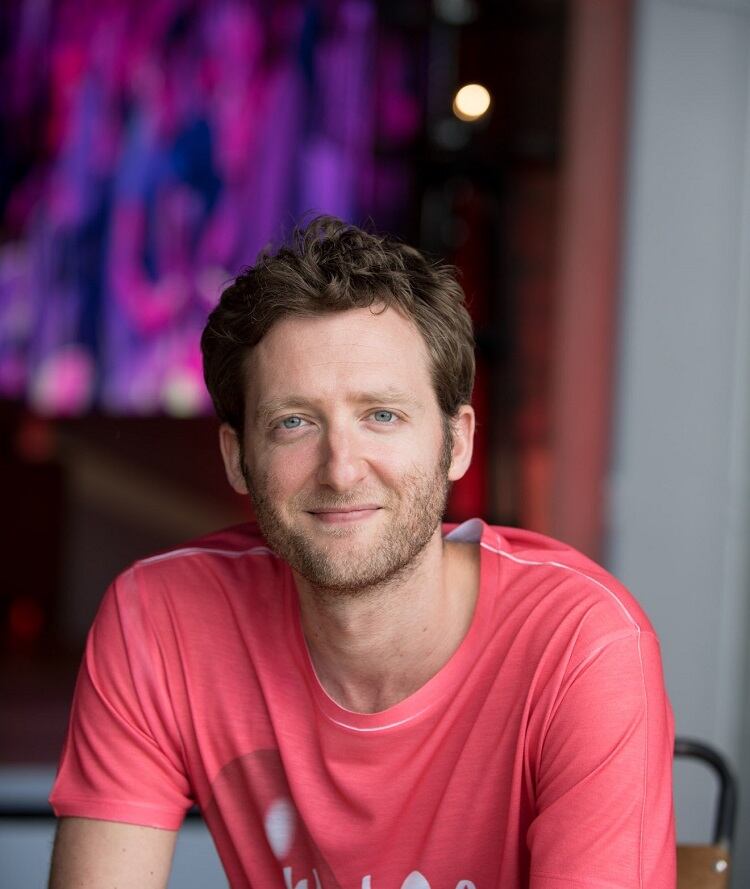
So what are these ‘rewards’?
Almond rewards conscious consumption with ‘cashback’ in trees. This means that the more money consumers spend via the platform, the more trees are planted to offset their CO₂e emissions.
Typically one tree is planted for every £10 spent. “We plan to work with multiple offsetting charities, but our launch partner is Eden Reforestation Projects,” explained Bolton. “Eden work with local villagers to plant trees, applying a holistic approach to reforestation and ecological restoration."
"To date, they have planted over 250 million trees around the world in countries including Ethiopia, Madagascar, Nepal, Haiti, Indonesia, Mozambique.”
Bolton is investigating other tree planting projects in the UK, and expects trees will be able to be ‘gifted’ between friends.
In the ‘buying better’ function, tree rewards are paid for by participating brands. But Bolton stressed is it not a requirement for companies to participate in the tree rewards scheme. “Typically, it comes to 1-2% of the total value of the product, so it is not too expensive for brands to participate,” said the founder.
Acting Better and Offsetting the Rest
The ‘acting better’ function provides consumers a tool that calculates individual’s CO₂ footprint.
“We have partnered with the World Wildlife Fund (WWF) and the Stockholm Environment Institute at the University of York. They have developed a detailed, accurate tool to help consumers measure their carbon footprint,” explained Bolton.
A chatbot called ‘Gaia’ asks questions regarding consumers’ lifestyles, for example diet choices and energy sources used in the home. Once a carbon footprint score is provided, the app suggests ‘quick wins’ that could help reduce footprints immediately.
Almond is also ‘gamifying’ the topic to encourage greater consumer engagement, as well as setting daily lifestyle goals. These may include challenging individuals to take a shorter shower, eat a meat-free meal, cycle to work, or to turn off home appliances.
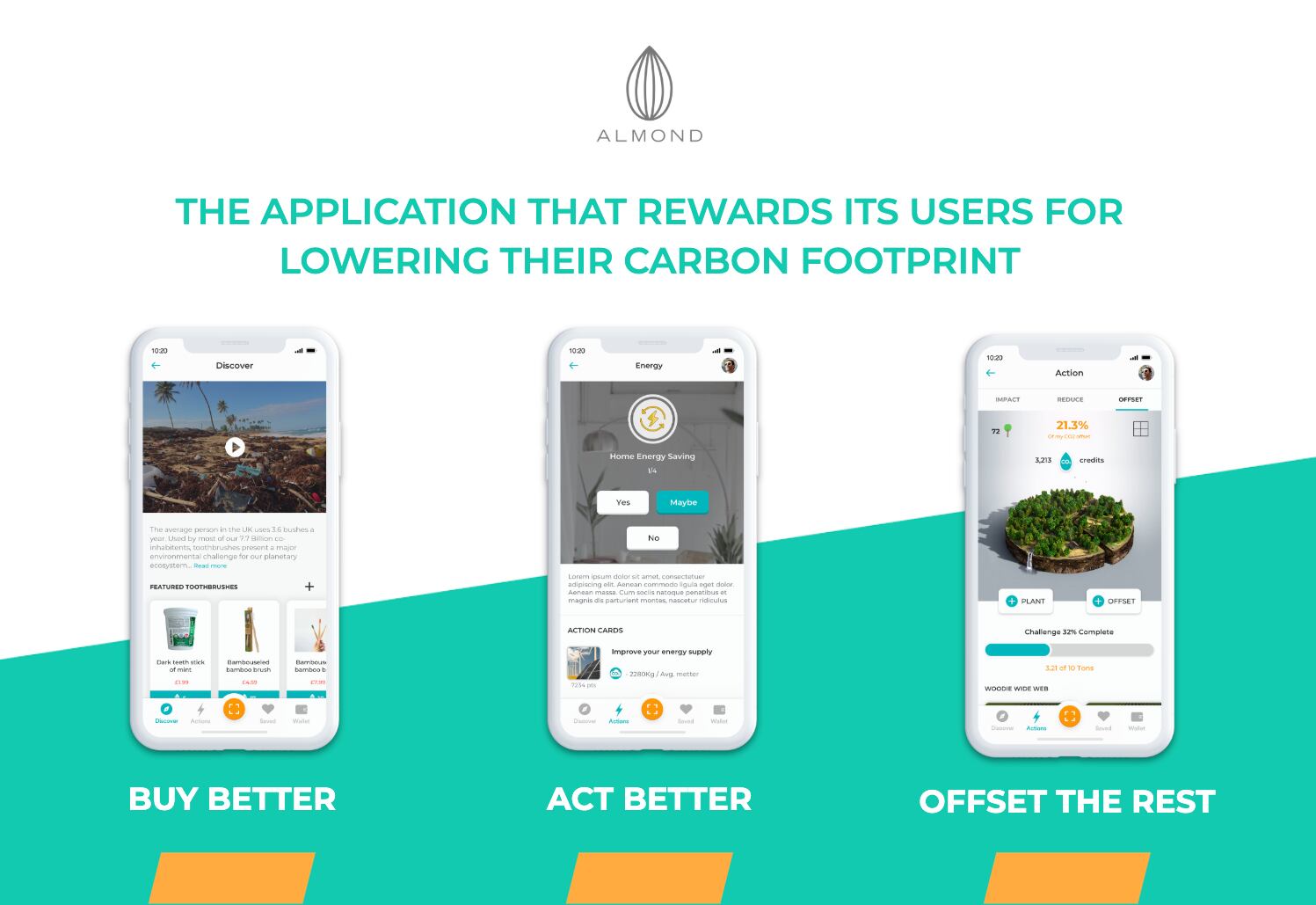
The ‘offsetting the rest’ function houses the trees rewarded via the ‘buying better’ page. Consumers can track their offsetting action, buy more trees, and help preserve rainforests.
“Essentially, over time, you can see how your forest is growing with regards to CO₂e sequestration,” Bolton explained.
The goal is not for individuals to just offset their footprint, but to lower it. And then offset those emissions that can’t be lowered, he continued.
Shoppers will also be encouraged to replace the goods and services they consume for more sustainable, Almond accredited alternatives. “For every type of product and service, the Almond Foundation will seek to identify the lowest impact, most responsible alternative,” we were told.
What’s next for Almond?
Over the next five years, Almond hopes to reduce 95m tonnes of CO₂ from its users’ lifestyle emissions, and plant 78m trees.
In ten years, the start-up aims to help 100m people around the world achieve net zero carbon emissions.
In the meantime, brands can sign up to Almond via monthly subscription payments according to the company’s size. Smaller firms will pay approximately £30 a month, while larger businesses will subscribe for £200 per month.
“We want the app to be mass market. From our focus groups, we predict our audience will be largely made up of Gen Z and Millennial cohorts,” said the CEO.
While the app is yet to go live – the official launch is penned for mid-November this year – the start-up is already eyeing international expansion.
“The US is on the cards for next year,” Bolton revealed. “We’re trying to target the markets that have the highest carbon footprints. As 50% of the world’s emissions come from the wealthiest 10%, we will roll this out around countries and cities that are responsible for the most emissions."


